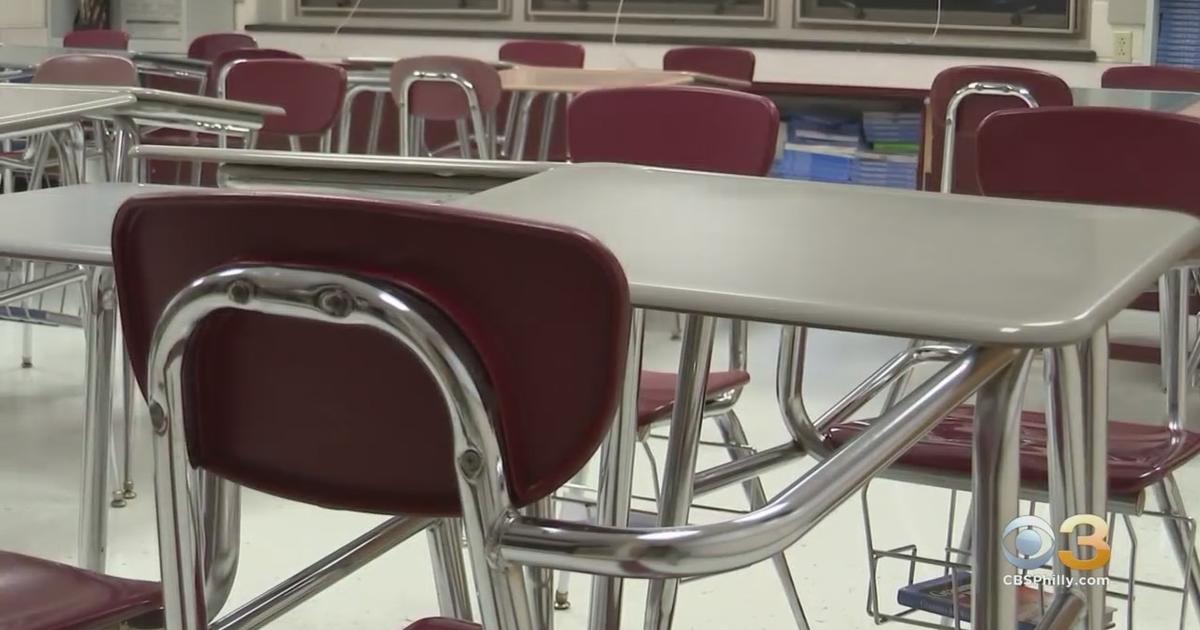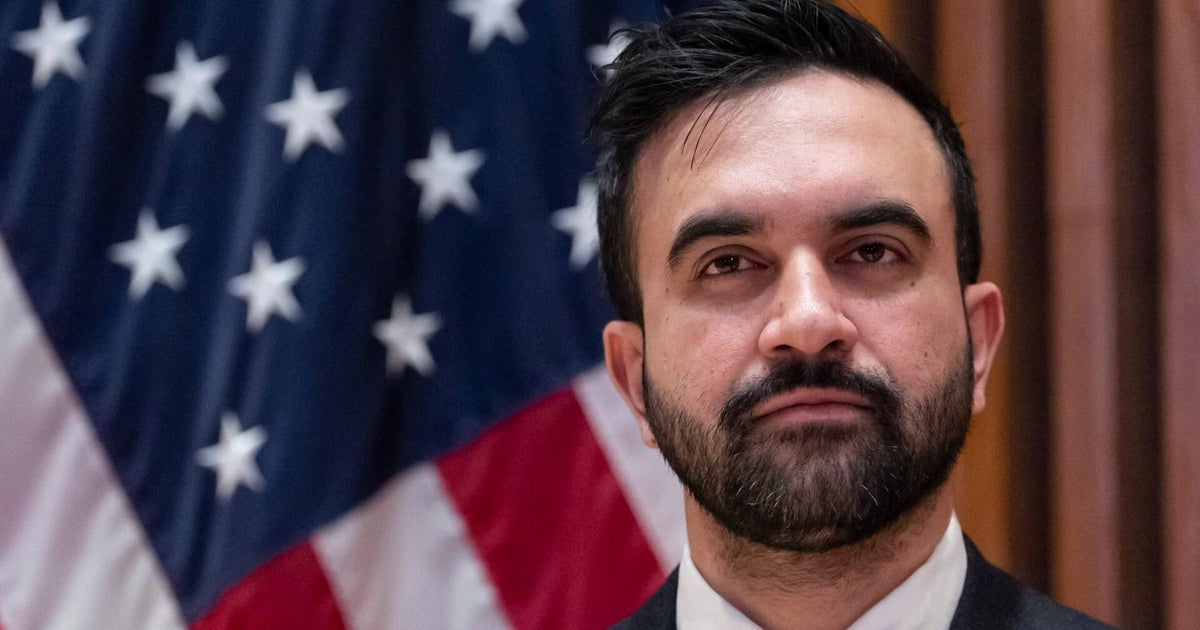Sequestration Looms Large For Florida
MIAMI (CBSMiami) – By 11:59 Friday night, the White House will officially have to order the sequestration, a series of across-the-board, indiscriminate budget cuts that threaten to send the United States back into recession.
Neither the White House nor House Republicans want the sequestration to be implemented. The plan for sequestration was to make it so tough on the government that both sides would see the potential pain and move to the center through negotiations on plans to cut spending and raise revenue.
However, the House GOP has refused to consider any potential revenue increases through tax hikes or closing tax loopholes. The White House originally proposed a series of spending cuts with revenue increases, but backed off when the House GOP refused to consider revenue.
For its part, the House of Representatives passed two bills to avert the sequestration during the 112th Congress that featured nothing but spending cuts, including many to social safety net programs. But, in the current Congress the House has failed to act on a bill to avoid sequestration.
Sequestration is the beginning of a scheduled decade of financial austerity like has been seen in Europe in recent years.
Technically, sequestration is a general cut in government spending. This year's sequester will involve cutting government spending across the board by $85 billion. The cuts will be targeted at defense, discretionary domestic and certain health care programs.
The White House has said the cuts could lead to hundreds of thousands of lost jobs across multiple industries and other hardships including long lines at airports and the closing of some national parks due to cuts.
There have been dire warnings that furloughs would cause long lines at airports across the nation because of few TSA staff and customs agents. But a spokesman for Fort Lauderdale Hollywood International airport said, for the moment, it should be business as usual. "Right now it's too early tell what, if any, impacts we're going to have at the airport."
Broward Schools, along with BSO, Work Force One and area hospitals all said the same thing, it's too early to tell how the sequester will effect daily operations. "It's not going to be day one, the world stops," he said. "This is more along the line of a slow, steady buildup of economic pain that begins to spread out like ink in water through the economy."
For the public, the fact that congress can not come up with a plan to avoid the cuts is frustrating. "I think it's ridiculous that they can't come together and figure out what to do with the budget," said Debbie Azan, a frustrated traveler.
Once the sequestration is complete over the next decade, roughly $1.1 trillion will be cut from government spending. According to the White House, roughly 5 percent of nondefense programs and 8 percent of defense programs will be cut.
But, due to the fact the cuts have to be implemented over the next seven months instead of a full years, "the effective percentage reductions will be approximately 9 percent for nondefense programs and 13 percent for defense programs.
In some ways, the sequestration accomplished the goals of many House GOP members in theory, which was to enact significant spending cuts through austerity. However, as sequestration has neared, the true depth of the cuts to each Congressional member's district is starting to make some hesitate on the cuts in practicality.
In Florida, the cuts will hit programs for teachers, students, head start, military readiness, and many other programs in 2013 alone. The cuts could cost thousands of jobs in the state, sending Florida's unemployment rate back up after years of slow declines.
According to the White House, Florida is set to lose $54.5 million in funding for primary and second education. The White House said those cuts could lead to 750 teachers and aides at risk. The White House said 95,000 fewer students would be served and 130 few schools would receive funding.
Florida also stands to lose $31.1 million in funds for 380 teachers, aides, and staff at school's that help children with disabilities. The state may also lose Head Start and Early Head Start services for roughly 2,700 children.
According to the White House, roughly 31,000 civilian Department of Defense jobs will be furloughed in Florida to reduce gross pay by $183.2 million. Army base operation funding in Florida would be cut by $7 million; Air Force operations funding in Florida would be cut by $23 million.
Navy funding for the aircraft depot in Jacksonville would be cut by $135 million and four demolition projects in Pensacola worth $3.2 million would also be canceled.
The unemployed in Florida will be hit especially hard at a time when thousands more government workers are likely to hit the unemployment line. The White House said Florida will lose $2.3 million in funding for job search assistance, referral, and placement, impacting nearly 80,000 workers.
The state will see roughly 7,450 fewer children receive critical vaccines as funding for the programs lose a half-million in funding. And Florida would stand to lose roughly $3.8 million in funds that provided meals for seniors.
The indiscriminate cuts are likely to shave off at least 0.6 percent of national economic growth this year, according to Federal Reserve Chairman Ben Bernanke.
"Moreover, besides having adverse effects on jobs and income, a slower recovery would lead to less actual deficit reduction in the short run for any given set of fiscal actions," Bernanke told Congress on Tuesday.
Complicating the issue further for the GOP is the public has thus far weighed in solidly behind President Obama's plan of a mixture of spending cuts and revenue increases. A Washington Post/ABC News poll found that 67 percent disapproved of the "way Republicans in Congress are handling federal spending."
While Obama is also in negative numbers for approval of federal spending, he leads the GOP by a 43-26 margin despite the House's near complete focus on government spending over the last two years. Obama's 43 percent overall approval rating matches the number strongly disapproving of how Congressional Republicans are handling the spending issue.







